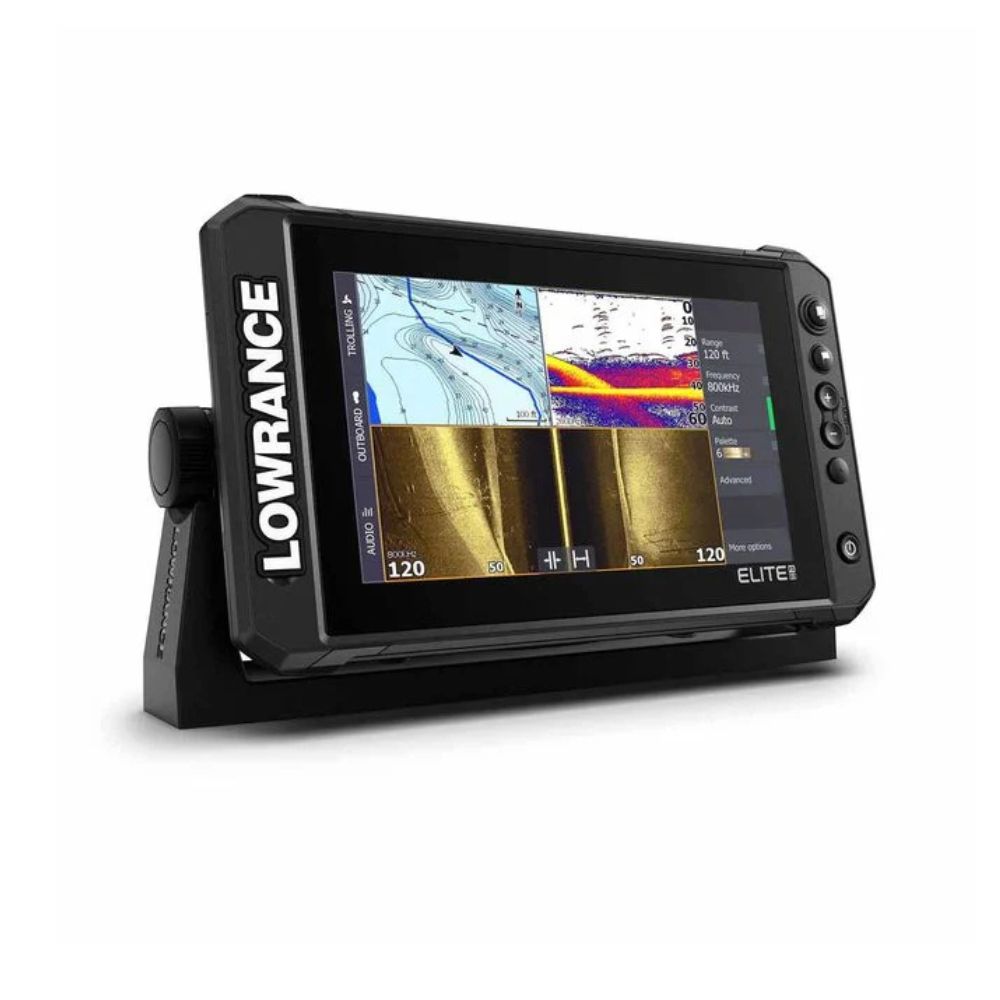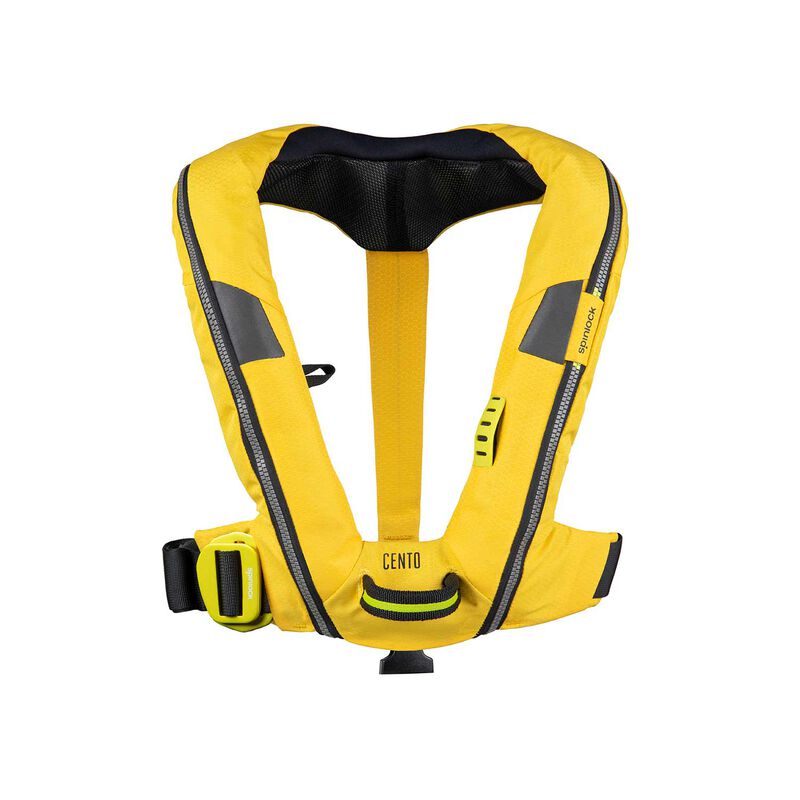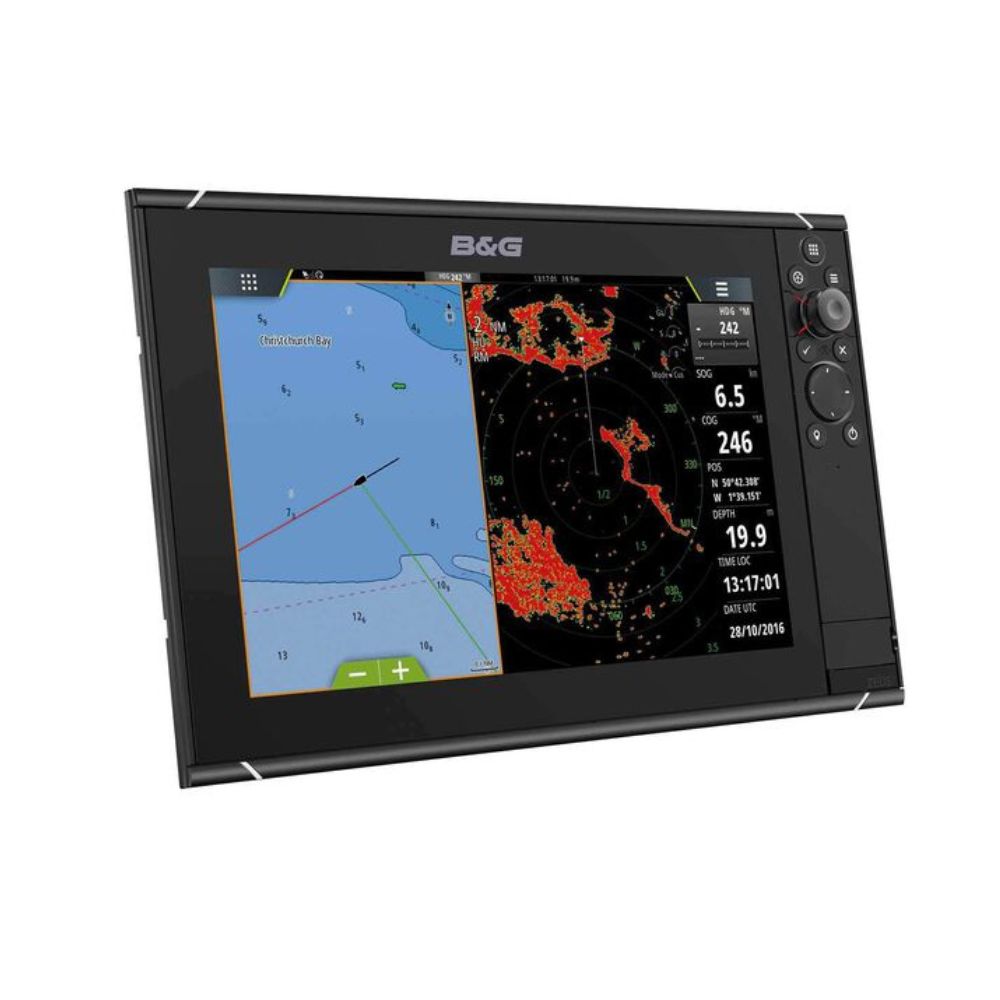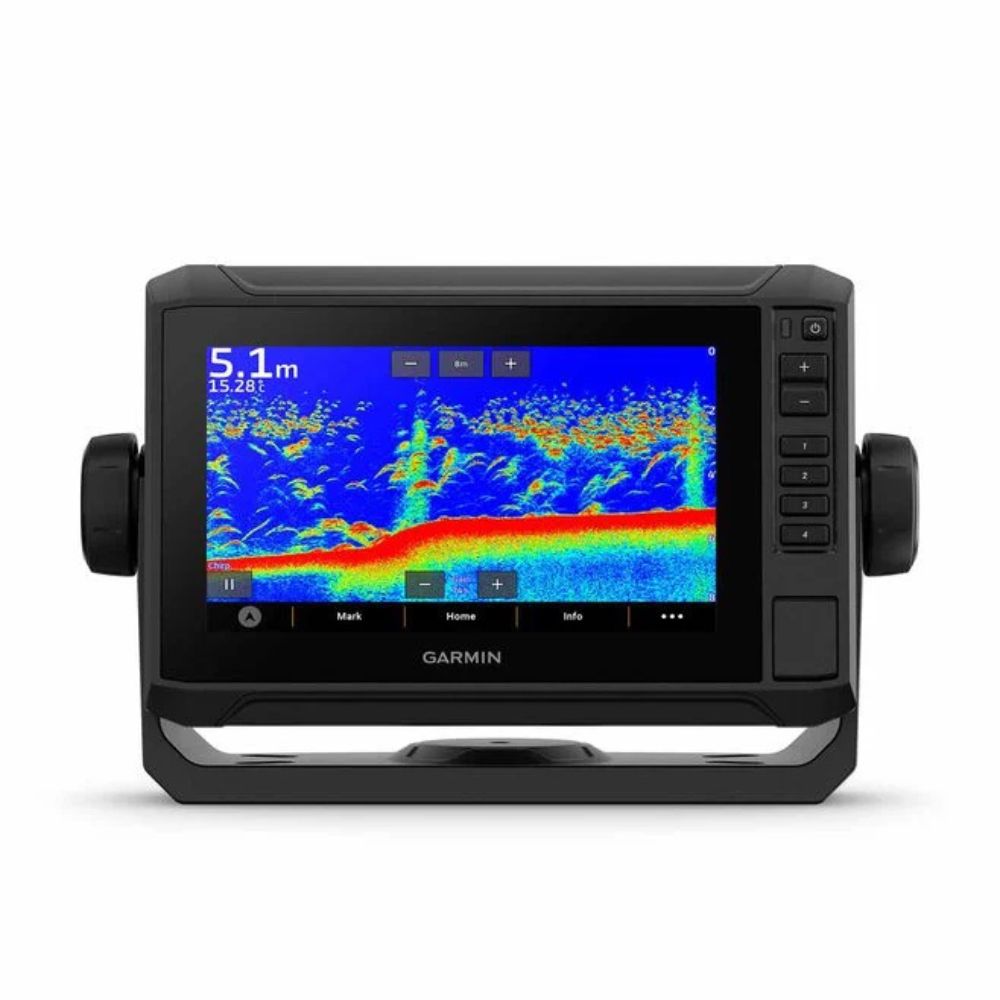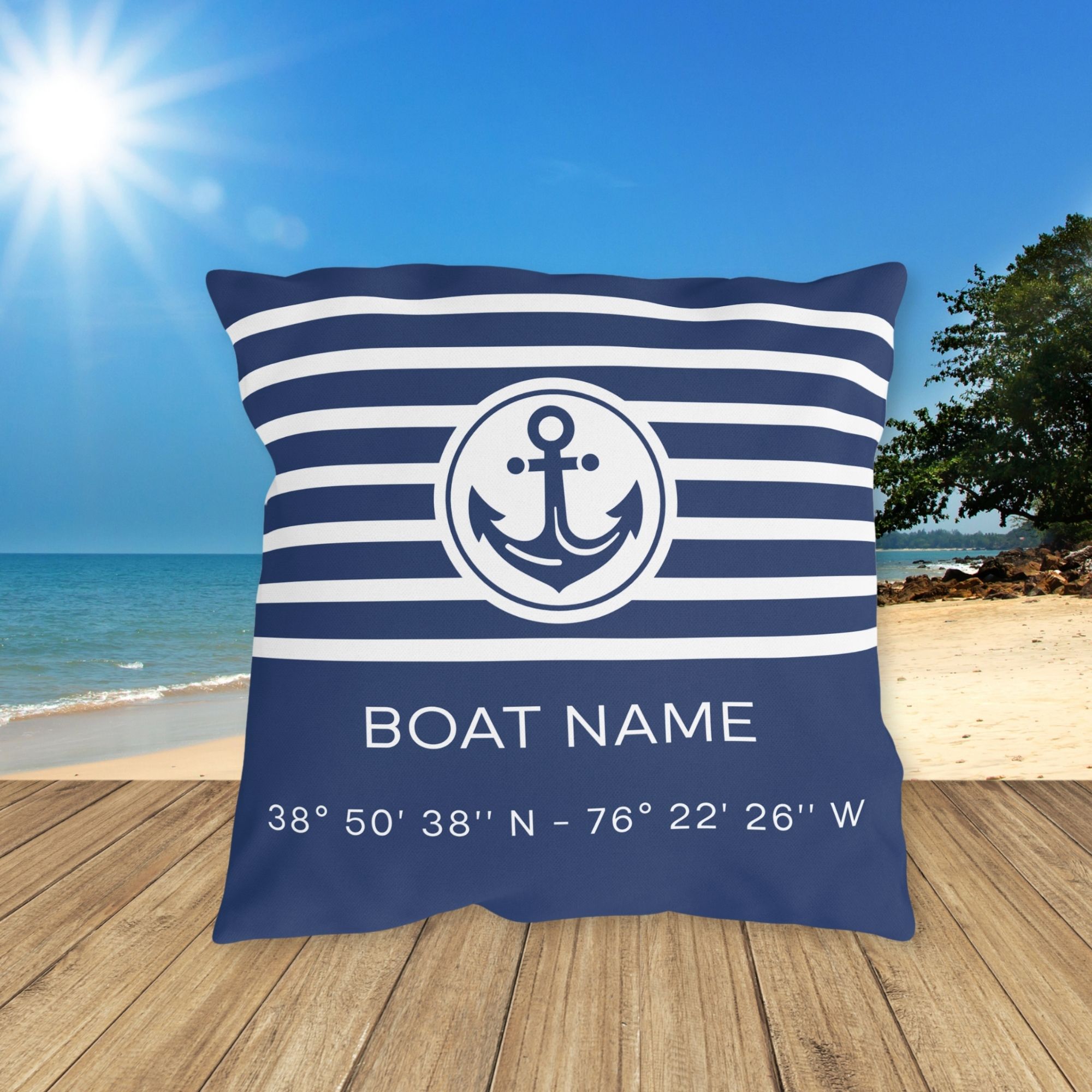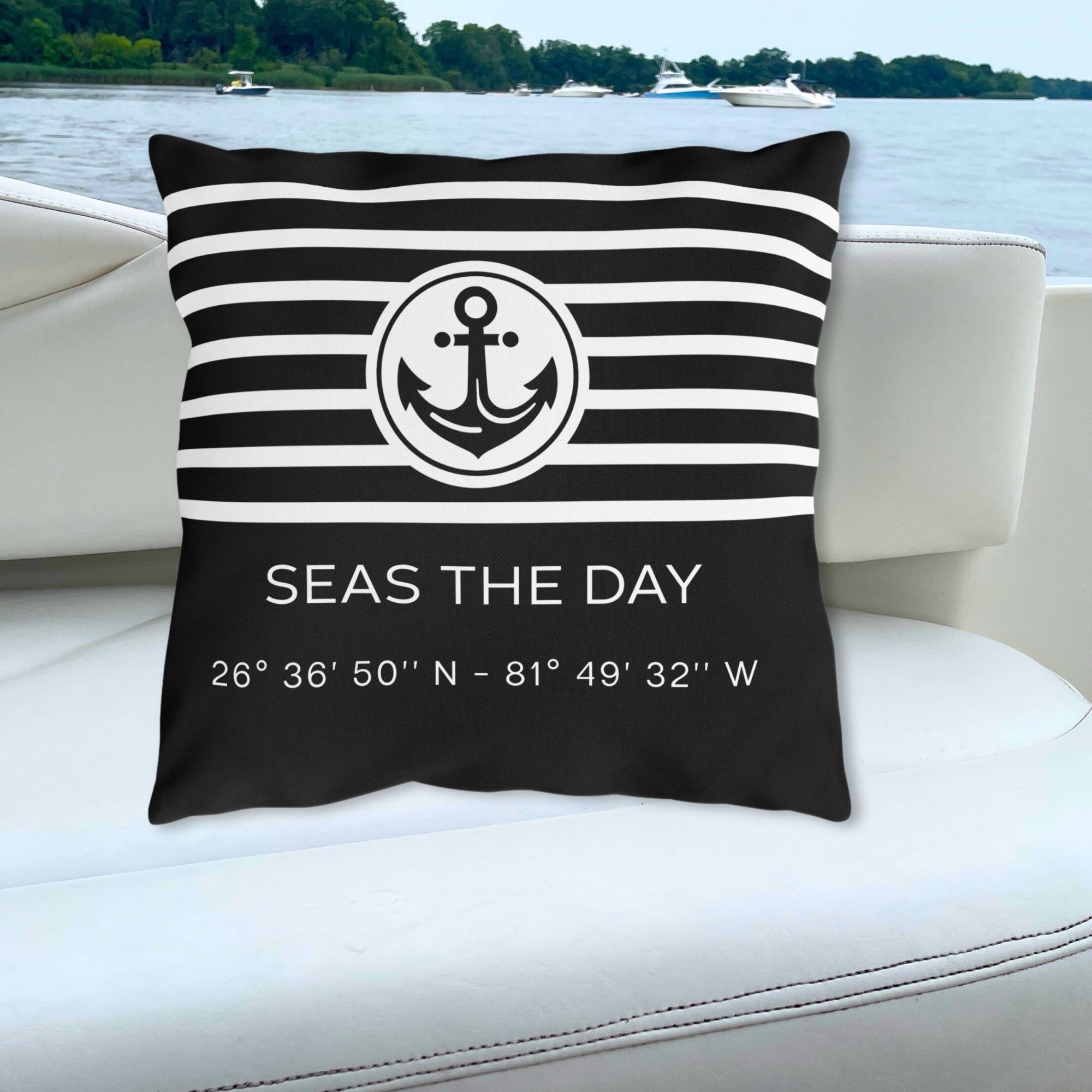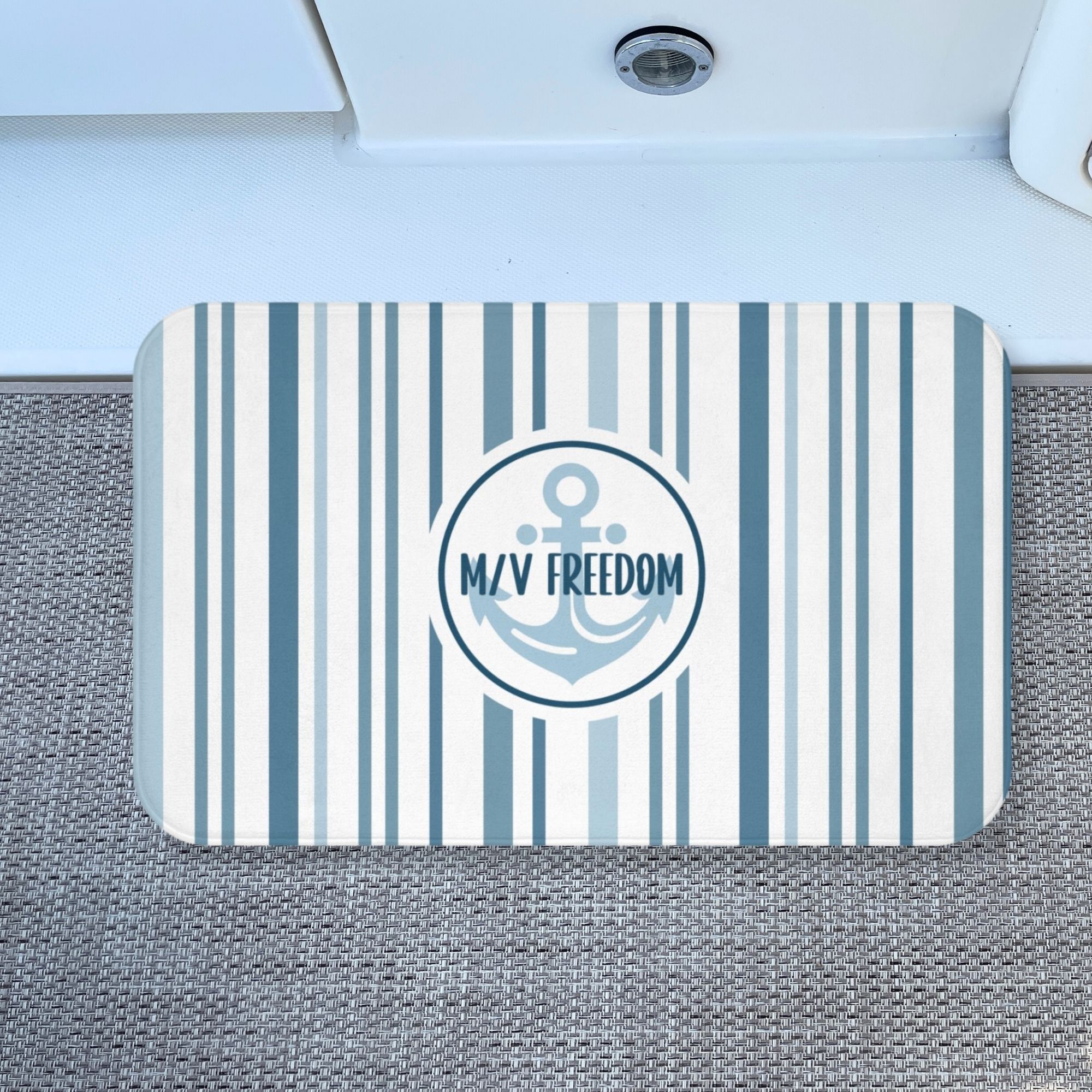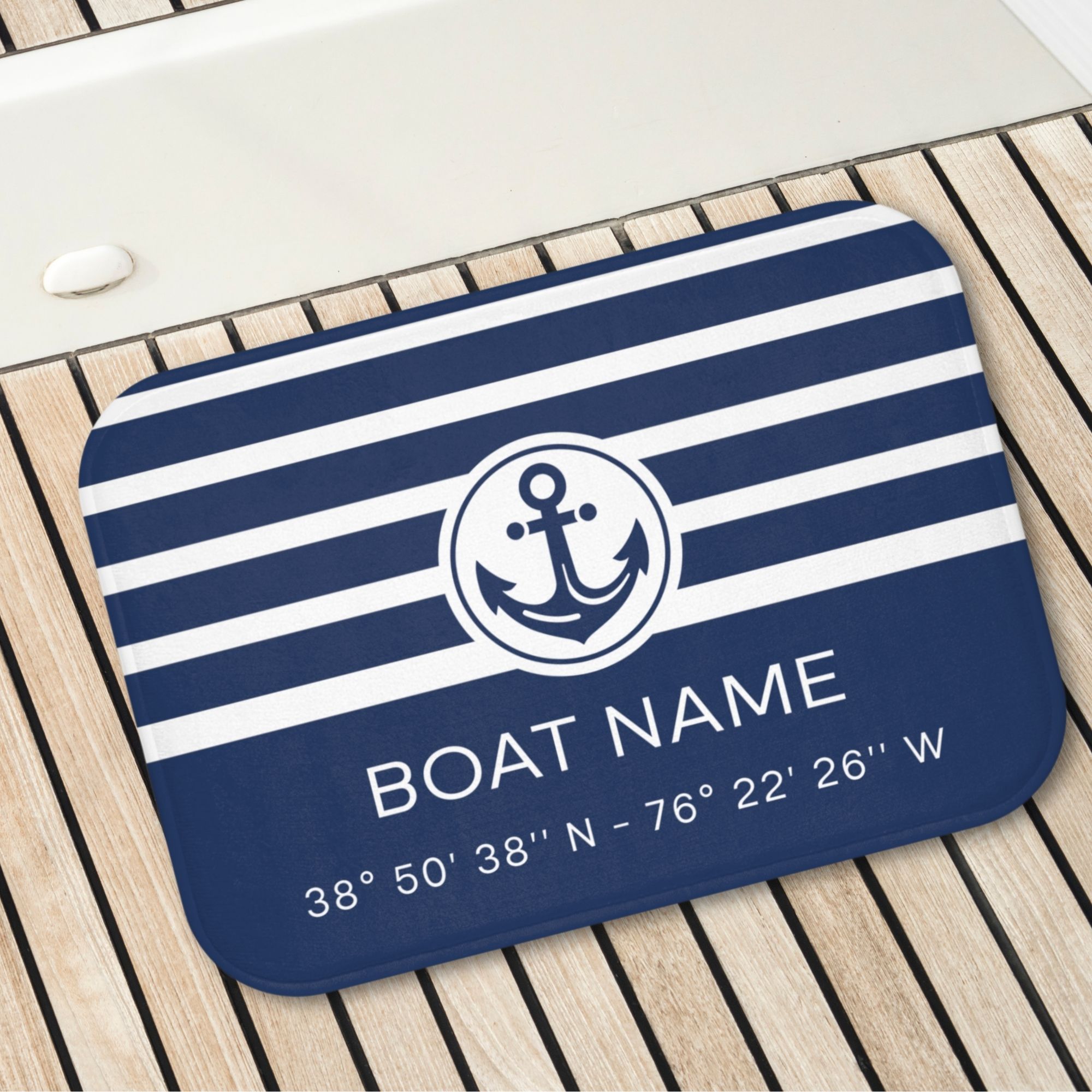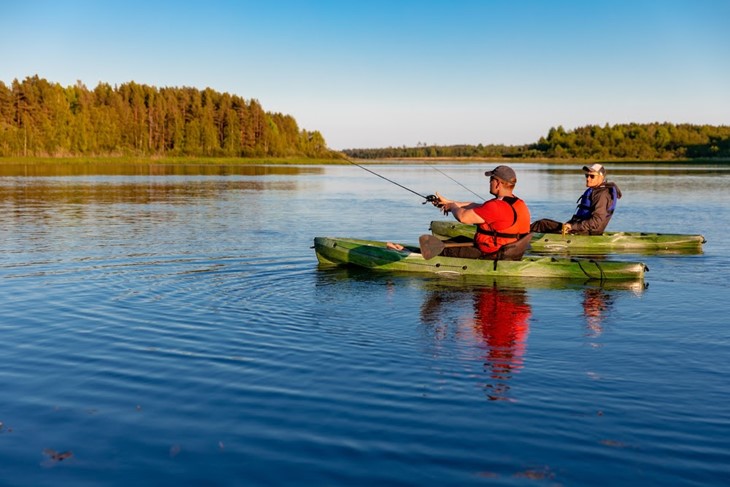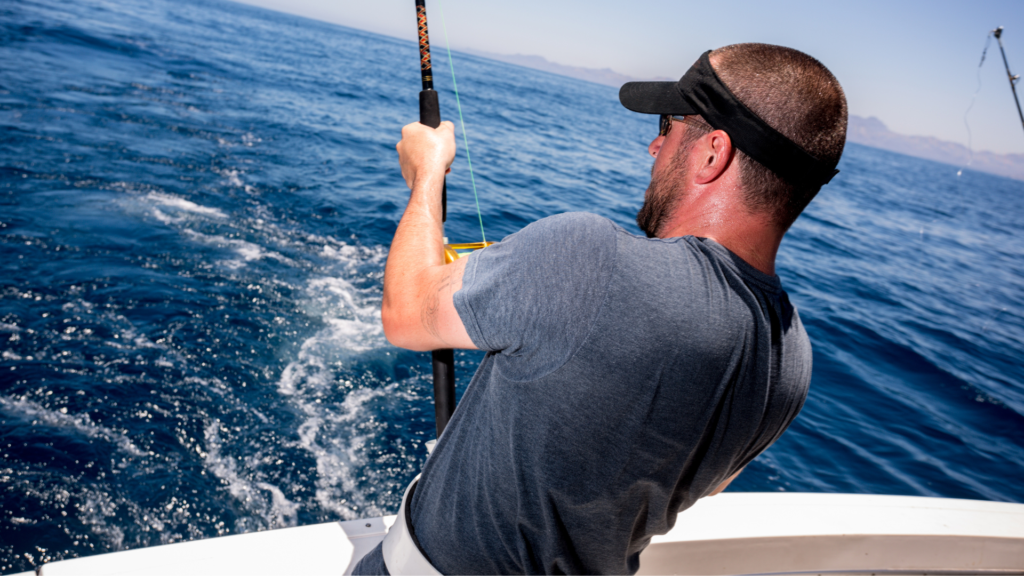
Recreational fishing on the seashore or from the rocks is fun and relaxing. In contrast, commercial fishing is stressful and highly dangerous. Commercial fishers are at a 28 times higher risk of death while on a commercial fishing vessel in comparison to other jobs in the U.S.
This is mainly because of rough seas, unpredictable weather, and the use of heavy machinery. Fortunately, maritime law impacts the rights of maritime workers, including those employed on fishing boats.
You have the right to medical care and compensation if you sustain an injury while working on a fishing boat in Texas. However, it is crucial to understand how federal and maritime laws affect your case.
How the Law Protects You
Fishing boat workers are covered by more than one maritime law. These laws provide protection and compensation when injuries happen. The main laws that apply include:
- The Jones Act. If you sustain an injury due to your employer’s negligence, the Jones Act allows you to file a compensation lawsuit. The act provides the possibility of compensation for medical bills, loss of income, and pain and suffering.
- The Longshore and Harbor Workers’ Compensation Act (LHWCA). This law mainly covers dockworkers, shipbuilders, and harbor workers. If your job falls into one of these categories, you would file your case according to LHWCA laws.
- General Maritime Law. These overall laws include provisions for maintenance and cure. They require employers to pay for your basic living expenses and medical treatment if you are injured.
Causes of Fishing Boat Injuries
While you work on a fishing boat, you are exposed to several hazards. The most common causes of fishing boat injuries include:
- Slip and fall accidents. Whether the deck is wet or loose equipment causes a safety hazard, there is always the risk of a slip and fall accident on a boat. These accidents can lead to serious injuries.
- Machinery accidents. If you work with cranes and other heavy equipment, there is the risk of crush injuries or painful lacerations if something goes wrong. In severe cases, this machinery accident can also result in an amputation.
- Falling overboard. When the sea becomes rough, or a storm overtakes the boat, there is a real risk of being flung overboard. This is especially true if there is a failure to implement the right safety measures.
Moreover, high waves and strong winds can cause the boat to capsize or cargo to shift, resulting in injury.
What to Do If You Are Injured on a Fishing Boat
Fishing boat accidents can happen very unexpectedly. You must get medical attention immediately if you suffer an injury in such an accident. Your health and safety should be your top concern.
Also, report the injury or ask a coworker to report it to a supervisor or manager. While waiting for help to arrive, you should take photos of the accident site, if possible. Take a video if the seas are rough or there is a storm. Get footage of the equipment or machinery involved in the accident.
If you have visible injuries on your body, try to get photos of that, too. Ask your coworkers who saw what happened to provide a statement.
If you want to file a compensation case, you should consult a maritime injury lawyer. These lawyers have the necessary experience in maritime law and can help you get the compensation you deserve.
What You Can Claim For
Depending on the circumstances of your injury, you can claim various compensation types. As mentioned, maintenance and cure will cover medical bills and basic living costs while you recover.
You can claim compensation for time off work and potential future income losses if you can no longer fish after your injury. You may also be entitled to compensation for emotional distress and physical pain if your employer was negligent.
Should your injuries result in your death, your family will have the option to seek compensation by filing a wrongful death claim. This will help them pay for funeral expenses and compensate them for their emotional anguish.
A Lawyer Can Help You Prove Negligence
You must prove your employer was negligent in filing a claim under the Jones Act. This means proving the employer failed to provide a safe working environment and their negligence directly caused your injury.
An experienced lawyer can help you file a claim like this and determine which maritime laws apply to your case. Your lawyer will investigate all the aspects of your accident and injury and negotiate with the employer and insurance company.
Hiring a lawyer should be at the top of your list after a fishing boat injury to ensure you get the compensation you need while you recover.
Trending Now: Must-Have Boat Gear for Your Boat Life
Trending Now: Custom Boat Decor
-
Boat Pillow with Boat Name & LAT LONG Coordinates
Quick ViewBuy on Etsy -
Boat Pillow with Boat Name & LAT LONG Coordinates- Black
Quick ViewBuy on Etsy -
Coastal Blue Stripes Bathmat with Anchor & Boat Name
Quick ViewBuy on Etsy -
Custom Boat Mat with Boat Name & LAT LONG Coordinates
Quick ViewBuy on Etsy
Disclosure: This site may contain links affiliated with companies where we receive compensation. Also, as an Amazon Associate we may earn from qualifying purchases we refer but it does not impact the price you pay. Full disclosure policy.

